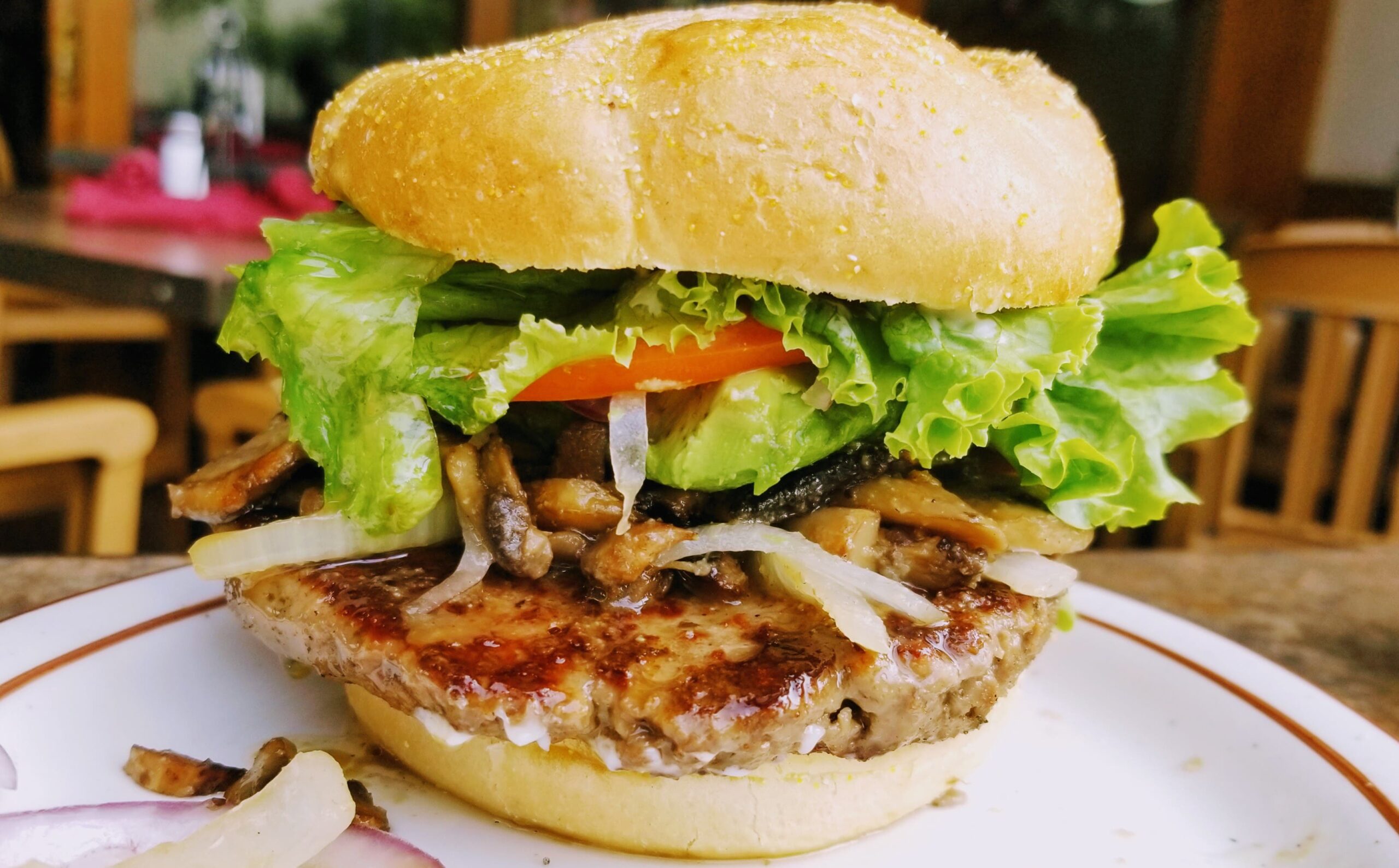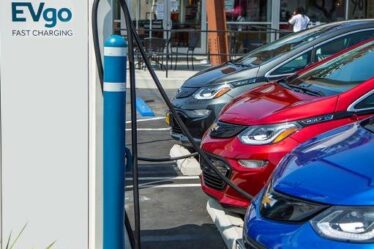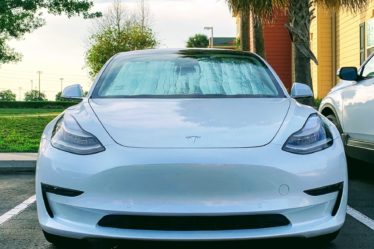
Agriculture

Published on September 20th, 2020 |
by Carolyn Fortuna
September 20th, 2020 by Carolyn Fortuna
The prevalence of plant-based burgers in grocery stores across the US has produced a surprisingly new trend: the majority of sales of the plant-based Impossible Burger come at the expense of animal-derived meat. That data comes from Chicago-based analytics company, Numerator. Impossible Foods’ sales now position it as one of America’s fastest-growing brands and the leading driver of growth in the overall plant-based food category.
There’s one important stat that stands out among them all in this trend toward replacing meats with plant-based foods: 9 out of 10 people who buy Impossible Burger regularly eat animal-derived foods.
“There’s a greater concern for food safety; there’s been a lot more attention to how meat is produced in the media. People are trying to figure out safer ways to find what they’re looking for, and plant-based meat provides not only a great increase in food safety, but also in environmental sustainability,” Matt Ball, a senior communications specialist at the Good Food Institute, told Forbes.

Image: Kyle Fields
Chicago-based analytics company Numerator analyzed consumer buying habits of the Impossible Burger in the most recent 13-week period. Here are the stats.
- 21 cents for every dollar spent on Impossible Burger at brick-and-mortar grocery stores is incremental to the entire meat category (which includes plant- and animal-based meat) — in other words, Impossible Burger gets consumers to spend 21% more on all categories of meat.
- 78 cents per dollar comes from consumers who are shifting their purchases to Impossible Burger from other categories of plant- and animal-based meat.
- 92% of Impossible Burger sales come directly at the expense of animal-derived meats — thus, Impossible Burger is displacing animal-derived foods for 72% of total purchases.
Part of this surge has to do with changing consumer lifestyle habits during COVID-19. Global consumer research shows that the home continues to be the focus for living, working, and shopping, despite restrictions lifting. Consumers’ personal situations are influencing attitudes and behavior, including levels of comfort venturing out. They are shopping mindfully and cost-consciously, with demand for local, sustainable, and value brands rising.
In essence, health, safety, and finances continue to impact consumers’ attitudes and behavior, and those qualities are reflected in Impossible Burger sales. Before the pandemic, the Impossible Burger was available in fewer than 150 grocery stores. Impossible Foods’ retail growth comes particularly from Americans trying Impossible Burger for the first time; the percentage of first-time customers has doubled each month since April. In the past 6 months, Impossible Burger sales have increased 77-fold and are now available at 11,000 retail locations in all 50 states, including Kroger, Trader Joe’s, and Walmart. Starting this month, Impossible Burger is rolling out at nearly 1,500 Target stores nationwide.
“Three out of four Americans now live within 10 miles of a grocery store where they can buy Impossible Burger. And when people cook it at home, they start telling friends and family about it,” Impossible Foods Senior Vice President for Sales Dan Greene said. “Our retail surge has become a powerful flywheel for long-term growth.”

Image retrieved from eda.gov
What Are Plant-Based Foods, & Why Are They Becoming Popular?
Plant-based burgers, sausages, hotdogs, and the like refer to meat-like, vegan alternatives that resemble meat products in color, texture, appearance, and flavor. The plant-based food is often produced by mixing plant protein isolates, starch, vegetable extracts, edible oils, and various other seasonings. These raw materials are further processed with additives and coloring agents to attain flavor and texture, similar to animal meat.
These foods are becoming increasingly popular because they help in reducing meat, dairy, and egg intake, thereby minimizing the risks of cardiovascular diseases, lowering blood cholesterol, maintaining calories, and increasing protein consumption. They’re ecologically sustainable, unlike meat from cows.
Beef production is particularly harmful to the planet; it requires 160 times more land and produces 11 times more greenhouse gases than staple plant-based foods such as potatoes, wheat, and rice. Cows also put out an enormous amount of methane, causing almost 10% of anthropogenic greenhouse gas emissions and contributing to climate change due to enteric fermentation — the digestive process of converting sugars into simple molecules for absorption into the bloodstream. Enteric fermentation produces methane as a by-product.
Impossible Burger uses 96% less land, 87% less water, and 89% fewer greenhouse gas emissions compared to conventional beef from cows. I learned that home chefs can also log into the Impossible Foods’ Impact Calculator to learn exactly how much land, water, and emissions I would save by using Impossible Burger instead of ground beef from cows. (Note: I’m a lifelong vegetarian, so the concept of buying meat for my dinner is quite foreign. ) So I logged in! It sparked my curiosity to see a way to conceptualize environmental impacts by making conscious food-buying decisions. Let’s see how I did.
It seems like, in a hypothetical month, my family of 2 would eat about 6 Impossible Burgers. The GHG emissions saved were equivalent to 47.3 pounds of carbon. The land footprint equivalent was 2.6 trees worth of land. The water footprint yielded 1.7 days of personal water use. Yowza! I could even have printed a downloadable infographic celebrating my family’s environmental impact by replacing 6 meat items with Impossible Burgers.

Image retrieved from nasa.gov
Final Thoughts About Impossible Burger Sales
Impossible Burger is the flagship product from Impossible Foods. It was Inc. Magazine’s company of the year and one of Time Magazine’s 50 Genius companies. The company’s mission is to halt biodiversity collapse and reverse global warming by eliminating the need for animal agriculture, which has led our planet to the brink of environmental collapse.
The California-based startup makes wholesome, plant-based foods that deliver all the pleasures and nutritional benefits that consumers demand. A 4-ounce serving of Impossible Burger contains 19 g of protein and is an excellent source of iron — and it has 0 mg cholesterol, 14 g of total fat, 8 g of saturated fat, and 240 calories. A conventional 4-ounce “80/20” patty from cows has 80 mg cholesterol, 23 g of total fat, 9 g of saturated fat, and 290 calories.
Impossible Foods’ flagship product, the Impossible Burger, was named the top plant-based burger by the New York Times and received the Food and Beverage (FABI) Award from the National Restaurant Association.
Appreciate CleanTechnica’s originality? Consider becoming a CleanTechnica member, supporter, or ambassador — or a patron on Patreon.
Sign up for our free daily newsletter or weekly newsletter to never miss a story.
Have a tip for CleanTechnica, want to advertise, or want to suggest a guest for our CleanTech Talk podcast? Contact us here.
Latest Cleantech Talk Episode


